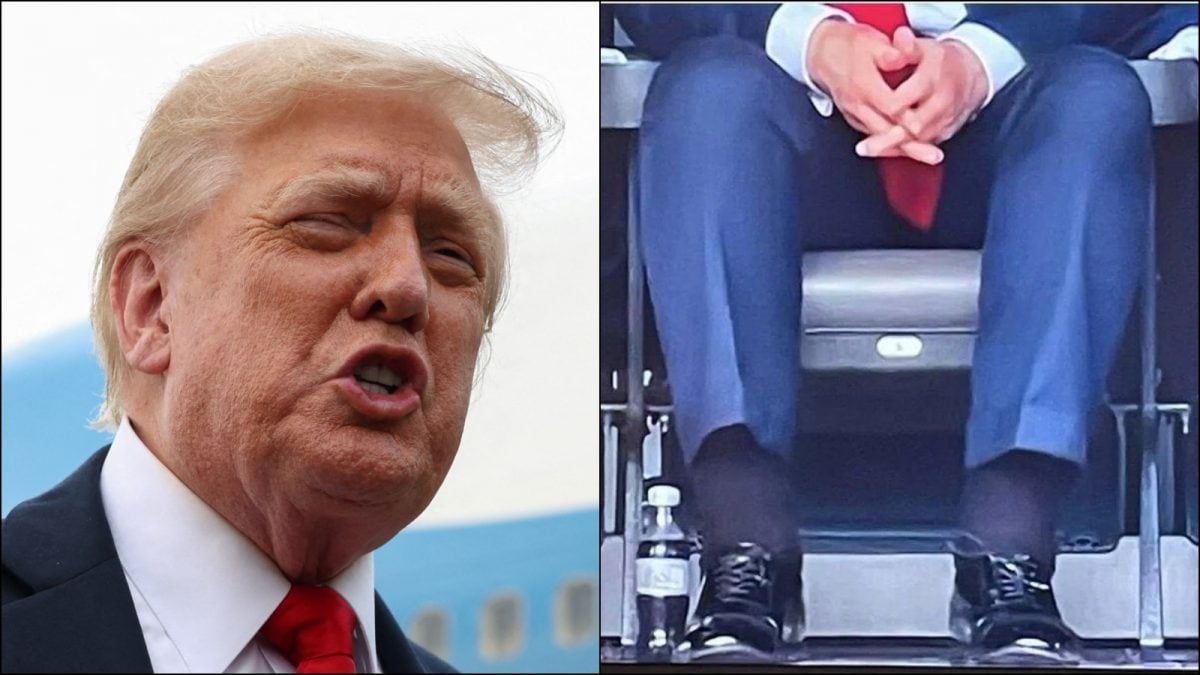Over half of large US employers plan to cut health benefits in 2026 as rising costs of weight-loss drugs like Wegovy drive up spending, Mercer's latest survey reveals.

A combination image shows an injection pen of Zepbound, Eli Lilly's weight loss drug, and boxes of Wegovy, made by Novo Nordisk. (Reuters Photo)
More than half of large US employers are planning to scale back healthcare benefits in 2026, as rising costs — driven largely by expensive weight-loss and speciality drugs — strain corporate budgets, according to a new survey by consulting firm Mercer.
The survey, released on Wednesday, found that 51 per cent of companies with 500 or more employees intend to increase cost-sharing, such as higher deductibles and out-of-pocket maximums --- that’s a notable jump from the 45 per cent of employers who said they would take similar measures for 2025.
The dramatic rise in popularity — and cost—of GLP-1 weight-loss drugs like Novo Nordisk’s Wegovy has become a key pressure point, the consultancy said.
"More clients are saying ... 'I don't know how much longer we can sustain covering these medications'," said Alysha Fluno, a pharmacy innovation leader at Mercer, in an interview.
While some employers have covered GLP-1s hoping for long-term health savings, rising prices are forcing a rethink: "Some employers facing big cost increases in 2026 may feel this coverage is out of reach," Fluno added.
Novo's Wegovy and Eli Lilly's Zepbound are listed at USD 1086 and USD 1059, respectively, but many patients pay less through their health plans.
According to the survey, prescription drug costs jumped 8% last year. Mercer has forecast a 5.8 per cent rise in overall health benefit costs for 2025. Employers are also eyeing alternatives to traditional pharmacy benefit managers (PBMs), according to Mercer.
PBMs such as CVS Caremark, Cigna’s Express Scripts, and UnitedHealthcare’s Optum Rx act as middlemen between drug companies and consumers. They negotiate volume discounts and fees with drug manufacturers on behalf of employers and health plans, create lists of medications that are covered by insurance, and reimburse pharmacies for prescriptions.
Drugmakers say they take an undisclosed cut of the discounts they receive rather than sharing them with patients and payers.
The survey found 40 per cent of employers are considering alternative contracting models for their prescription medicine benefits, such as those that price drugs based on their cost to the pharmacy.
- Ends
With inputs from Reuters
Published By:
Aashish Vashistha
Published On:
Jul 18, 2025

 4 hours ago
4 hours ago



















